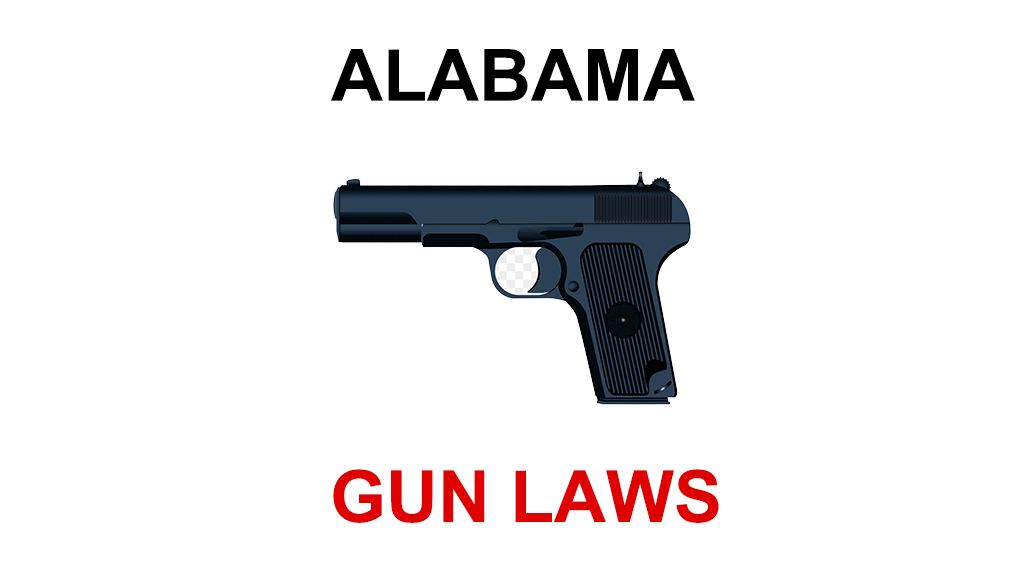
Image Credit: MateMedia
By Saul Roth
Here is an overview of the gun laws in the state of Alabama. Please note that gun laws can change over time, so it’s essential to consult the most recent and authoritative sources or legal professionals for up-to-date information.
1. Permits to Purchase and Possess Firearms: In Alabama, there is no requirement to obtain a permit to purchase or possess firearms for individuals who are 18 years or older. This means that most adults are allowed to possess firearms, including handguns and long guns, without a specific permit.
2. Concealed Carry Permits: Alabama operates on a “shall-issue” policy for concealed carry permits. This means that if an individual meets the statutory requirements, the state must issue a concealed carry permit. To obtain a concealed carry permit, an applicant must be at least 18 years old (21 years old for a permit to carry a concealed pistol in a vehicle), be a U.S. citizen or legal resident, and meet other eligibility criteria, including not being prohibited by law from possessing a firearm.
3. Open Carry: Alabama allows the open carry of firearms without a permit. However, local governments may impose restrictions on open carry, so it’s important to be aware of any local ordinances or regulations that may apply.
4. Firearm Sales: Private firearm sales between individuals do not require a background check or transfer through a licensed dealer in Alabama. However, federal law still prohibits selling firearms to individuals who are prohibited from owning them, such as convicted felons, individuals with certain restraining orders, and those with a history of domestic violence.
5. Stand Your Ground and Castle Doctrine Laws: Alabama has both a “Stand Your Ground” law and a “Castle Doctrine” law. The Stand Your Ground law allows individuals to use deadly force in self-defense, without a duty to retreat if they reasonably believe it is necessary to prevent imminent death, serious bodily harm, or the commission of a violent felony. The Castle Doctrine law extends this principle to self-defense situations within one’s own dwelling or occupied vehicle.
6. Prohibited Persons: Alabama law prohibits certain individuals from owning or possessing firearms. This includes convicted felons, individuals with domestic violence convictions, individuals subject to certain protection orders, those adjudicated as mentally ill, and individuals addicted to drugs or alcohol.
It’s important to note that this is a general overview of Alabama’s gun laws, and there may be additional provisions and nuances not covered here. Additionally, it’s crucial to consult the Alabama state statutes, legal professionals, or relevant law enforcement agencies for the most accurate and up-to-date information on gun laws in the state.

Recent Comments